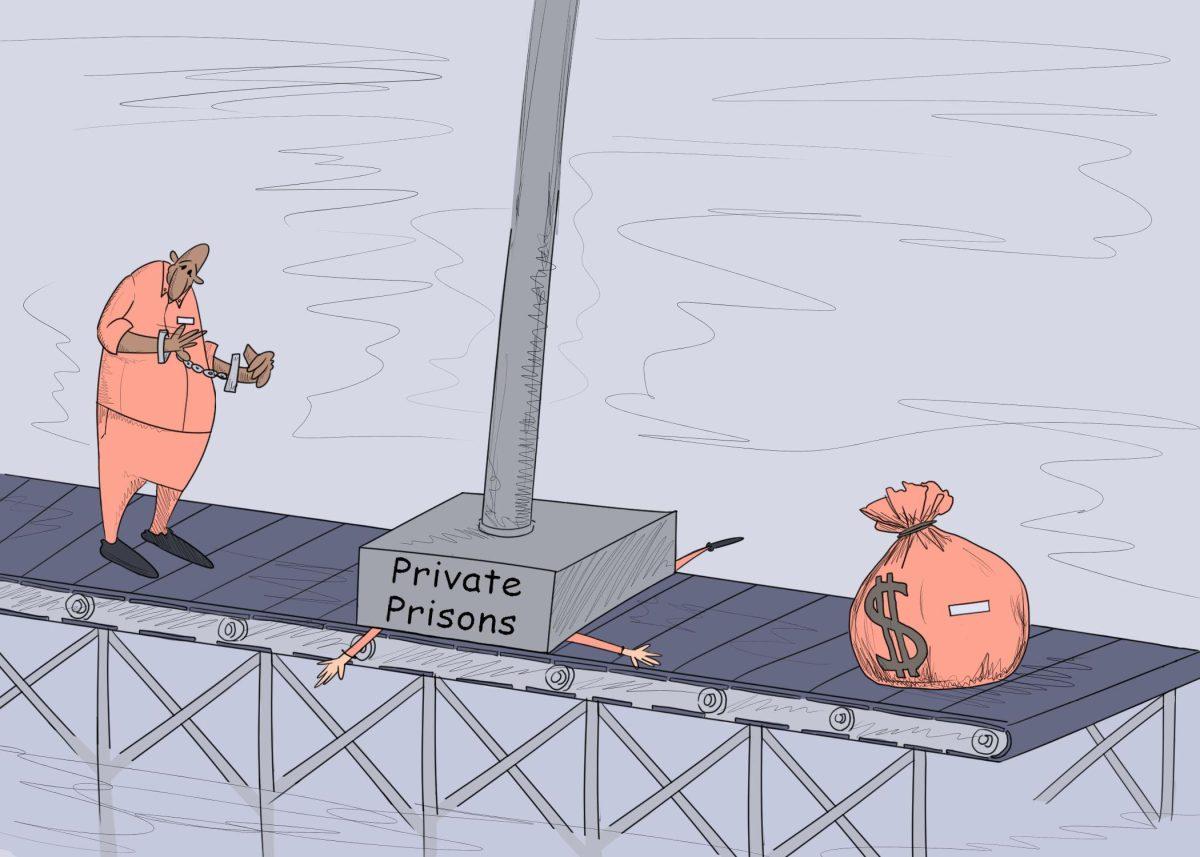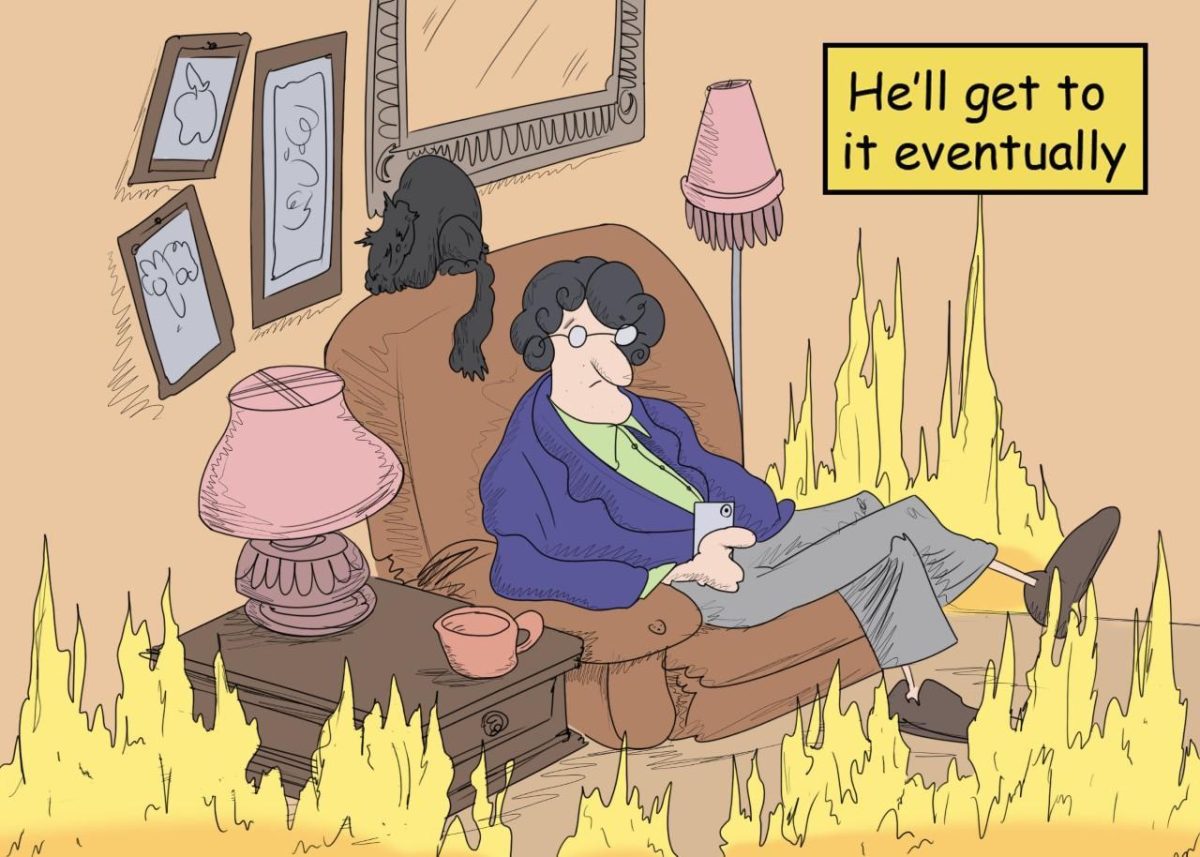California made headlines on Sept. 11 for voting to end contracts with private prison companies, a move that will effectively over the state of all for-profit prisons in the next decade. While the difference between a private and a public prison may seem unimportant to most Americans, the difference can enormously affect the quality of life for inmates forced into either of
these systems.
these systems.
Numerous studies show that private prisons experience more overcrowding than public prisons and offer fewer psychiatric and educational services. According to a 2016 study conducted by the Department of Justice, “contract prisons [private prisons] incurred more safety and security incidents per capita than comparable BOP [Federal Bureau of Prisons] institutions.” Further distressing is the fact that lower standards of monitoring for contract prisons means more instances of violence may have gone unnoticed by the study.
The proliferation of private prisons affects not only the inmates jailed within them, but the correctional officers who guard them. In order to make a bigger profit, private prisons often pay their employees less than public prisons and equip them with less training and fewer methods
of defense.
of defense.
Correctional officers have reported being understaffed, at times outnumbered by inmates 100 to 1, and told not to intervene in inmate fights to protect themselves from any liability. Beyond the threat of bodily harm, the constant stress of dealing with thousands of inmates while unarmed can lead to intense psychological trauma for correctional officers, something reflected in the high rates of turnover for prison employees.
Supporters of the private prison system often point to two supposed pros of the system: lower costs for the government and higher profits for local communities.
The economic benefits of private prisons are not so clear. Comparisons of the two are difficult to make, since the inmate populations and methods of counting costs differ, but there is only a negligible difference in cost. Private prisons still receive a stipend from the government to function, and any profit they make benefits the contracting company, not the local economy.
The private prison system came into full swing during the infamous “Tough on Crime” mentality of the 1980s, when the swell in the number of prisoners outpaced the number of federal prisons available to house them, causing the
government to turn to outsourcing.
government to turn to outsourcing.
Now, almost 40 years after the crime crackdown, with data to prove that harsh sentencing and full prisons are not effective strategies of keeping crime down, there needs to be transition to a more sustainable method of incarceration. Abolishing private prisons is far from a panacea for the broken prison system, but it is an important first step in affirming that treating human beings as commodities is unethical.
As a state notoriously plagued by high incarceration rates,
Louisiana would be a surprising choice to lead the prison reform movement, but a welcomed one. With such a large percentage of its population in prison, seemingly minor changes in the way prisons are run could have major ripple effects, from lowering recidivism rates to improving trust in the Louisiana court system.
Louisiana would be a surprising choice to lead the prison reform movement, but a welcomed one. With such a large percentage of its population in prison, seemingly minor changes in the way prisons are run could have major ripple effects, from lowering recidivism rates to improving trust in the Louisiana court system.
Louisiana’s motto declares “union, justice and confidence,” and as such, all of its citizens deserve the “justice” promised to them.
Cécile Girard is a 19-year-old biology and psychology sophomore from Lake Charles, Louisiana.






